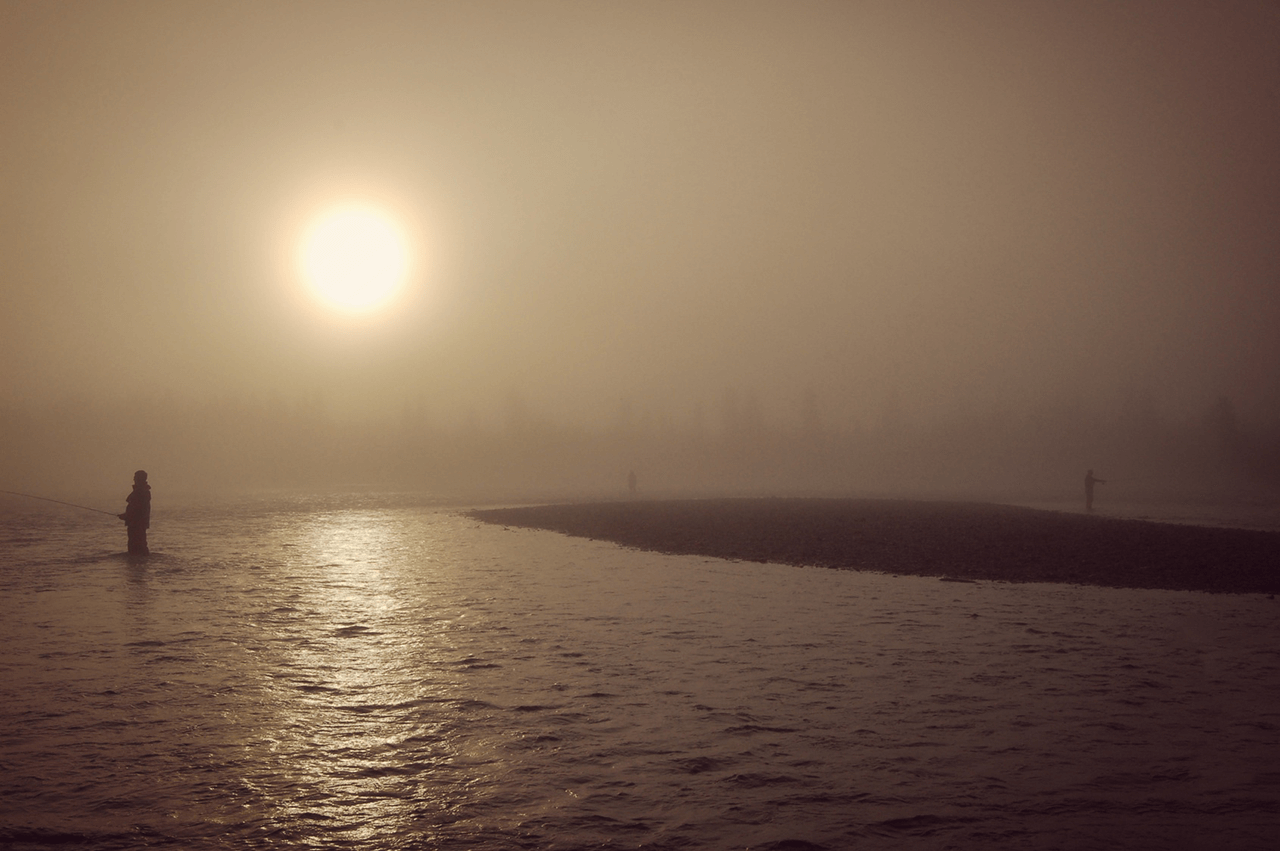Part 1: Is living off the land right for you?
Seeking a rustic lifestyle where you aren’t dependent on anyone for your existence? Want to leave the city and start living off the land like the Discovery Channel’s families on the Alaskan Frontier?
Unless you are independently wealthy, you’ll need to keep a job even though you are trying to reduce your environmental footprint and subsist off nature. You still have to pay property taxes on your country house or pay rent.
There are couples out there who have saved up tons of money to dive into their isolated subsistence, but for most folks living a rustic lifestyle may be a part-time gig.
Get in the right mind set
If you have decided you want to downsize your life and start living off the land, you’ll need to change your mind set. One of the characteristics of people, who have discarded our current consumer-driven society, is a desire to shed excess.
Once they decide to live on a smaller scale, everything else in life follows. The size of the house shrinks, along with utility bills. Earthy residents grow their own food, so the grocery list gets smaller.
By the end of a year, you’ll find you’ve stopped wasteful spending and are enjoying nature more. Living off the land isn’t free, but it is time consuming. Gardens need weeding crops need tending. If you value a life that is immersed in the outdoors and nature, then living off the land is a lifestyle that would suit you.
Before you start living off the land, you need to make some major decisions. Where are you going to live? Are you moving out of state or just to a more suburban area with farms? If you quit your job, how are you going to pay for your expenses?
Prepare to change your life
The key elements to living off the land are growing your own food and cutting yourself off from the electrical grid. Unless you want to start using candles and outhouses, living off the land doesn’t mean living without power. You can still have electricity to run your appliances, albeit fewer appliances.
You’ll need a much smaller house that can be maintained with solar panels, experience of others who have adopted a more scaled down lifestyle shows you’ll use about 20 percent of the power of your old home.
If you enthusiastically embrace the rustic lifestyle, you’ll find your expenses will plummet. You’ll save on utilities and groceries, especially if you have your own cow or goat to provide milk and cheese.
This post will continue next week with Part 2
